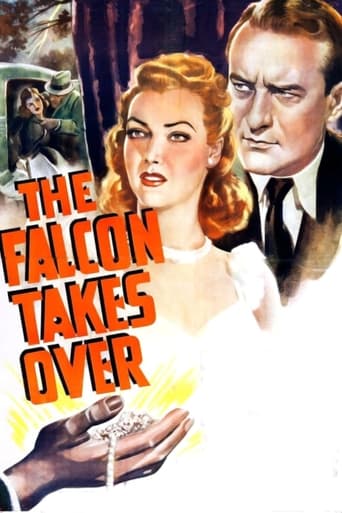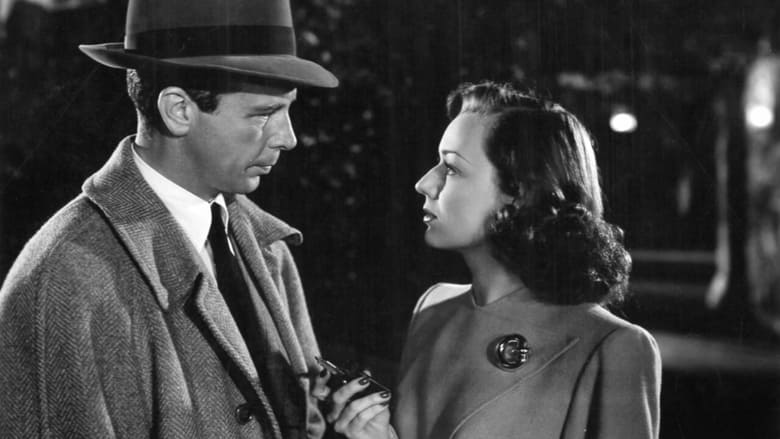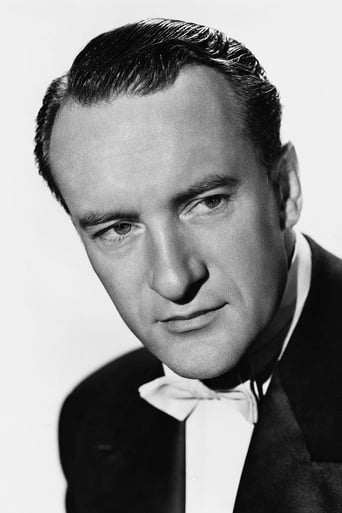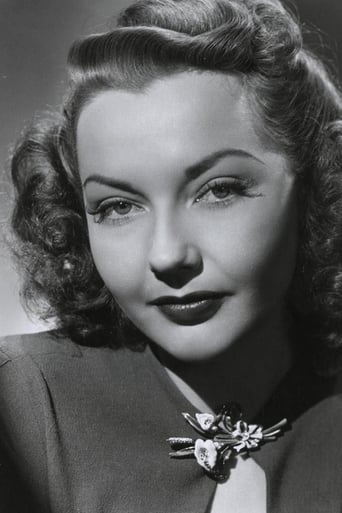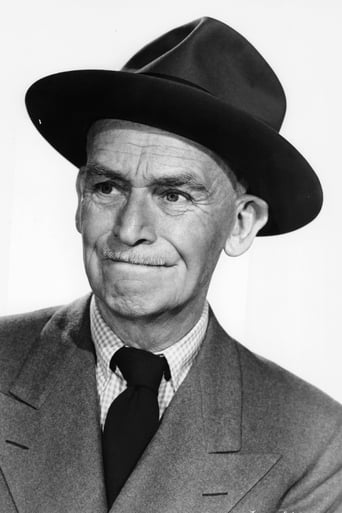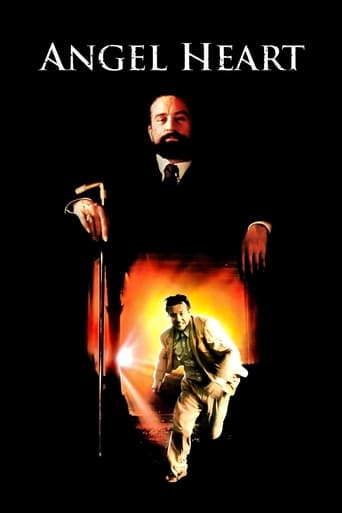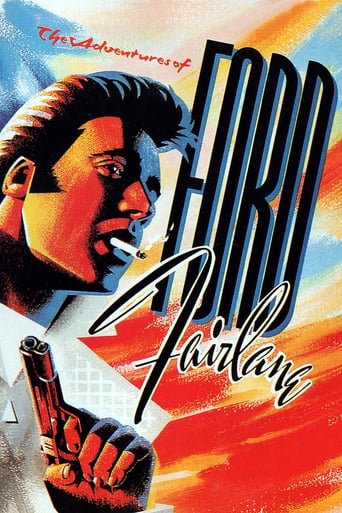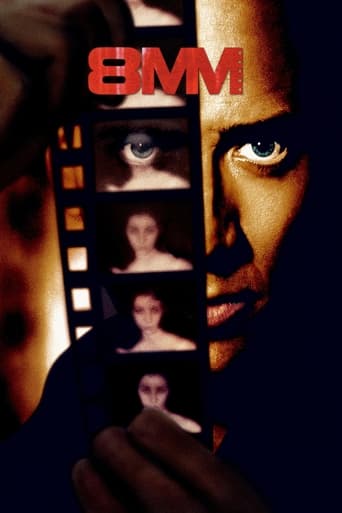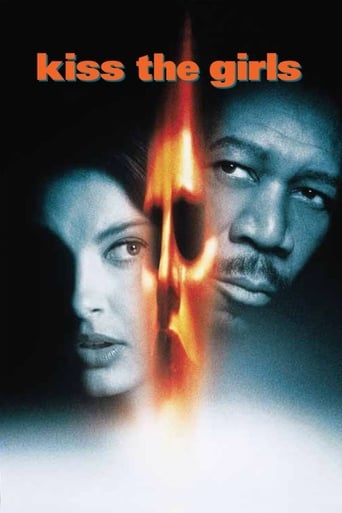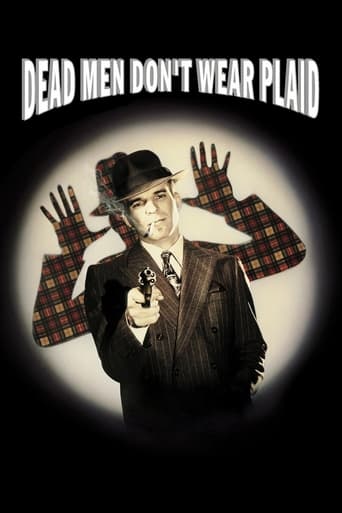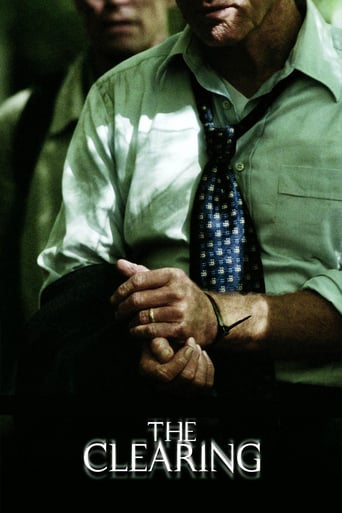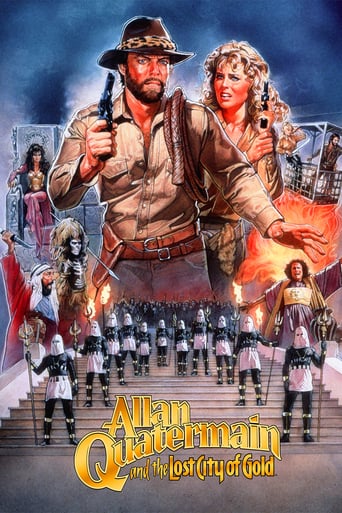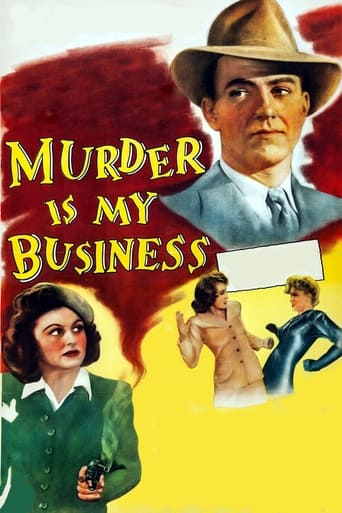The Falcon Takes Over (1942)
While an escaped convict, Moose Malloy, goes in search of his ex-girlfriend Velma, police inspector Michael O'Hara attempts to track him assuming him to be a prime suspect for a number of mishaps.
Watch Trailer
Free Trial Channels
Cast


Similar titles
Reviews
Very interesting film. Was caught on the premise when seeing the trailer but unsure as to what the outcome would be for the showing. As it turns out, it was a very good film.
The thing I enjoyed most about the film is the fact that it doesn't shy away from being a super-sized-cliche;
Story: It's very simple but honestly that is fine.
Great movie. Not sure what people expected but I found it highly entertaining.
The third in RKO's Falcon series starring George Sanders is one of the best. It's notable for being the first adaptation of Raymond Chandler's novel "Farewell, My Lovely," with the Falcon character substituted for Philip Marlowe. The plot has a brute named Moose Malloy (Ward Bond) searching for his former girlfriend Velma. The Falcon tries to find her first. Sanders is great as usual. Ward Bond, who is best remember today for his supporting roles in many John Ford movies, is very good as Moose. He's clearly wearing a padded suit to make him look more imposing but it doesn't detract from his performance. The always enjoyable Allen Jenkins provides comic relief as the Falcon's sidekick Goldie. Pretty Lynn Bari is the reporter who, of course, falls for our charming hero. She and Sanders have nice chemistry, but Sanders generally had nice chemistry with all his female costars I think. The rest of the excellent cast includes Selmar Jackson, Helen Gilbert, Hans Conried, Anne Revere, Edward Gargan, and the wonderful James Gleason, one of my all-time favorite character actors. As an adaptation of Chandler's novel, it's not the best. "Murder, My Sweet" starring Dick Powell holds that distinction. But it's still fun, helped by a great cast, brisk pace, and short runtime.
The character of the Falcon, an amateur gentleman detective similar to Leslie Charteris' "the Saint", was created by Michael Arlen, a Bulgarian-born British writer of Armenian descent, and was then taken up by Hollywood in a series of crime dramas. Arlen's hero was named Gay Falcon, but in the films he was, for unknown reasons, renamed Gay Lawrence, "the Falcon" being a nickname. (Arlen's choice of a forename for his hero was a strange one. I am well aware that in the thirties and forties the word "gay" did not carry its modern meaning of "homosexual", but even then "Gay" was well-established as a feminine Christian name). In the first four films the Falcon was played by George Sanders, who had also played the Saint in a series of films based on Charteris' books. Feeling that he was becoming typecast, Sanders dropped out of the series after the fourth film in which a new Falcon was introduced, Gay Lawrence's brother Tom. This character was played by Sanders' real-life brother, Tom Conway. (His real name was Tom Sanders; "Conway" was a stage name).Arlen, in fact, only wrote one "Falcon" story, which formed the basis for the first film, "The Gay Falcon"; for all the others a new plot had to be found. "New", however, did not always mean "original", and for the third instalment in the series, "The Falcon Takes Over" (aka "The Falcon Steps Out"), the producers borrowed the plot of Raymond Chandler's novel "Farewell, My Lovely", also to be filmed as "Murder, My Sweet" two years later. (A third adaptation of the book, under its original title, was made in the seventies). They moved the action from Los Angeles to New York and substituted the Falcon for Chandler's hero Philip Marlowe.I won't go into the plot in any detail; as one might expect with Chandler it is extremely complex. It revolves around Moose Malloy, a thuggish former wrestler who has escaped from prison and is looking for his old girlfriend. Besides Moose and the Falcon, other characters include an attractive lady reporter, a wealthy heiress and the Falcon's assistant Jonathan 'Goldie' Locke, who plays Watson to his Holmes. Locke is a wisecracking New Yorker with a strong Brooklyn accent; the idea was presumably to provide a contrast with the Falcon himself, who is played as an upper-class English gentleman.The film was made as a B-movie, which meant that it had a very short running time of only just over an hour. This was really insufficient to deal with all the complexities of Chandler's plot and as a result the film comes across as very rushed, muddled and difficult to follow. That is not always a problem with forties crime dramas; nobody, for example, would claim that the plot of Howard Hawks' "The Big Sleep", also based on a Marlowe story, is easy to understand, yet it is still a great movie. Director Irving Reis, however, is unable to capture that powerful sense of atmosphere which is so important a quality of Hawks' film.I have often admired Sanders as an actor, but normally in better films than this one. He often seemed to be at his best in supporting roles rather than as the main star, for example in "Rebecca", "Samson and Delilah", "Foreign Correspondent", "Ivanhoe" and "All about Eve", for which he won a "Best Supporting Actor" Oscar. (Indeed, in a number of these films, notably "Samson" and "Foreign Correspondent", he actually gave a better performance than did the film's official main star). Here, however, he is the lead, and hardly makes the most of it, seeming far too relaxed and laid-back. This may be in line with the Falcon's character, but in real life even the most insouciant individuals tend to become more serious when grave matters like murder are at stake. Allen Jenkins as Goldie starts off as amusing but his appeal wears off after a while.Reis was clearly attempting the film noir style which was becoming very fashionable in 1942, but noir seems to have needed the greater budget and running-time of an A-movie to succeed. Many noirs from the period remain marvellously watchable today, but "The Falcon Takes Over" is not amongst them. 4/10
The plot of Chandler's "Farewell My Lovely" gets garbled enough to remind you of "The Big Sleep" four years later (where Chandler himself helped confuse things). More so from being compressed into B-film one hour running time, but surprisingly it works on its own terms. The Falcon, foregoing his customary evening dress after the opening scene to pose as a private eye, cannot be a real private-eye, with the British accent, good manners, a butler and a comic sidekick, but there is a surrogate investigator added to the plot in the form of a girl reporter (perky Lynn Bari), and Helen Gilbert contrasts her well as Veronica Lake-style femme-fatale Velma. Moose Molloy the ex-convict doesn't employ the detective, he remains an ominous background figure, emerging from the curtains in the psychic's consulting-room with real menace, and substitutes himself as driver (that old trick) to appear at the pay-off. The plot rehash overdoes the comic business with Chief O'Hara and Falcon's sidekick "Goldie" Locke, but it does work and is an interesting genre hybrid.
I got up at dawn to catch a 6.10 TV screening of this strictly as a Chandler buff. I had long known of it, of course, but never seen it. I had also heard of the Falcon franchise and it seemed reasonable that the Chandler novel would require amendement in order to accommodate whatever format the Falcon series had established. In the event it proved to be a melange: the first obvious discrepancy was the locale, Chandler's Los Angeles had been shipped intact to New York, presumably the established stanping ground of the Falcon; bizarrely half the characters retained Chandler's names - Moose Malloy, Jesse Florian, Ann Riorden, Jules Amthor, but others had been altered slightly - Laird Brunette became Laird Burnett, Lindsay Marriott became Quincey Marriott - or totally - the femme fatale was no longer Mrs Grayle but someone totally fictitious. Whilst Chandler's Marlowe was not above cracking wise with low-key dialogue here The Falconh's sidekick, Allen Jenkins, goes out for blatant laffs and even James Gleaso's detective employs a serial catch-phrase to his own clearly retarded side-kick. For 65 minutes it's not as bad as it might be. That same year, a second Chandler novel, The High Window, was also given the business as Time To Kill, another I have yet to catch up with.

